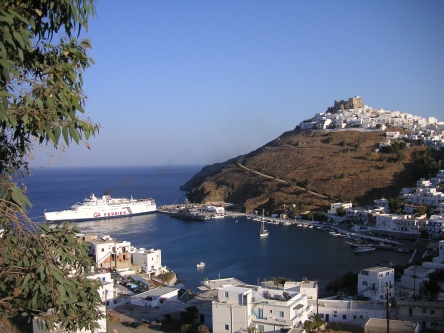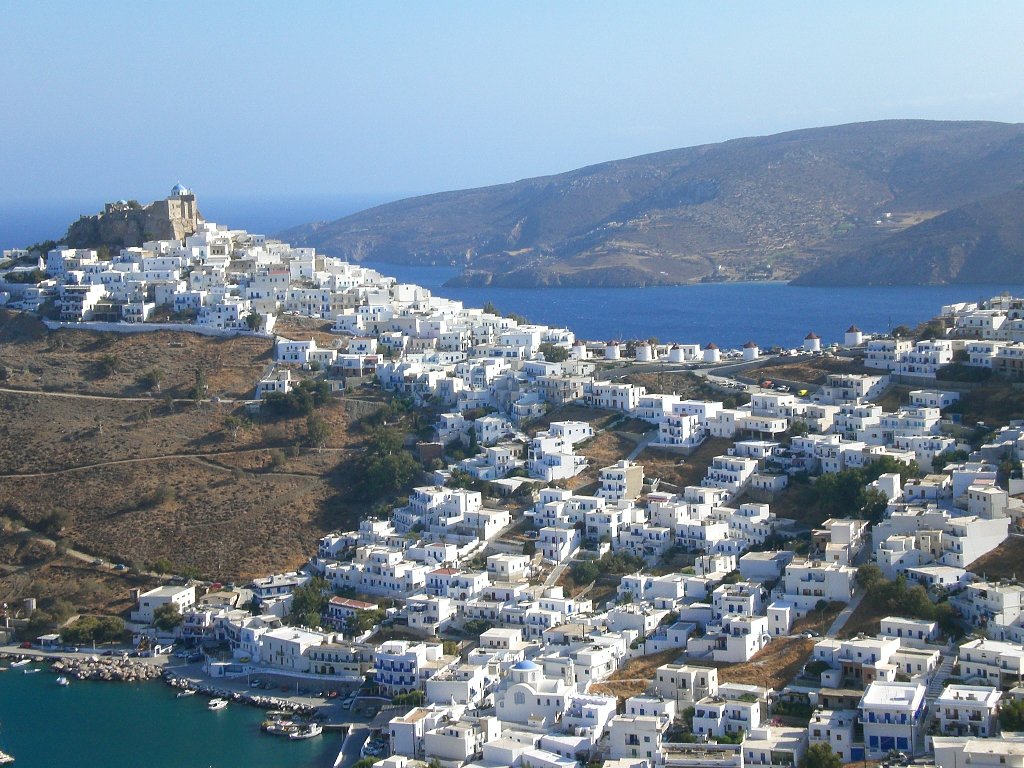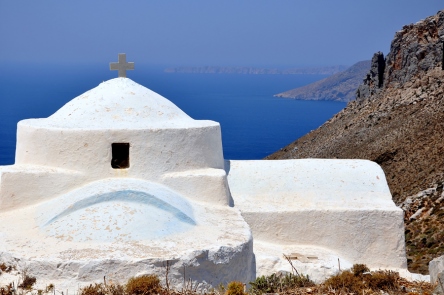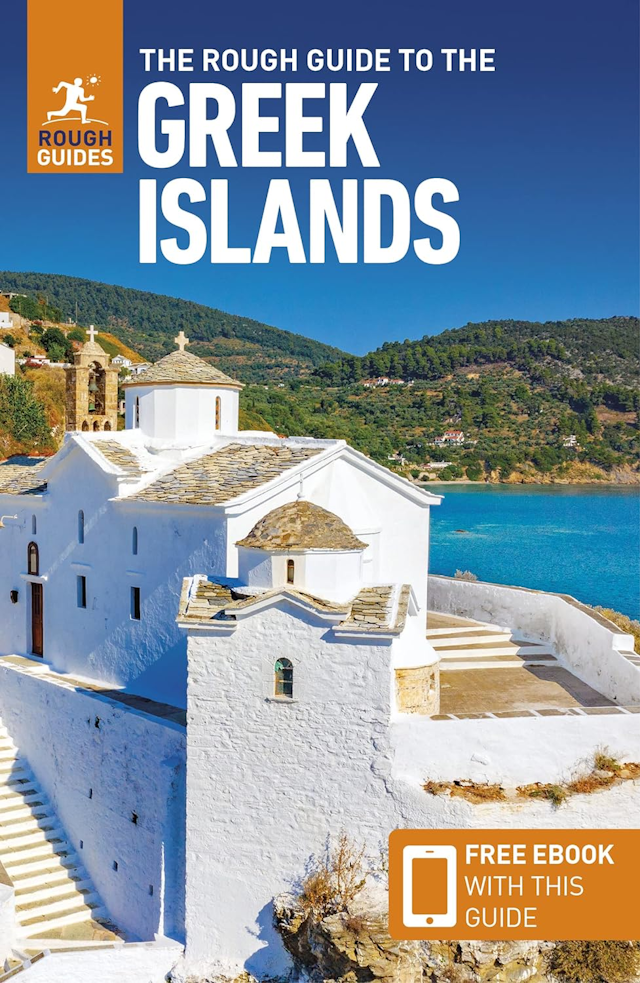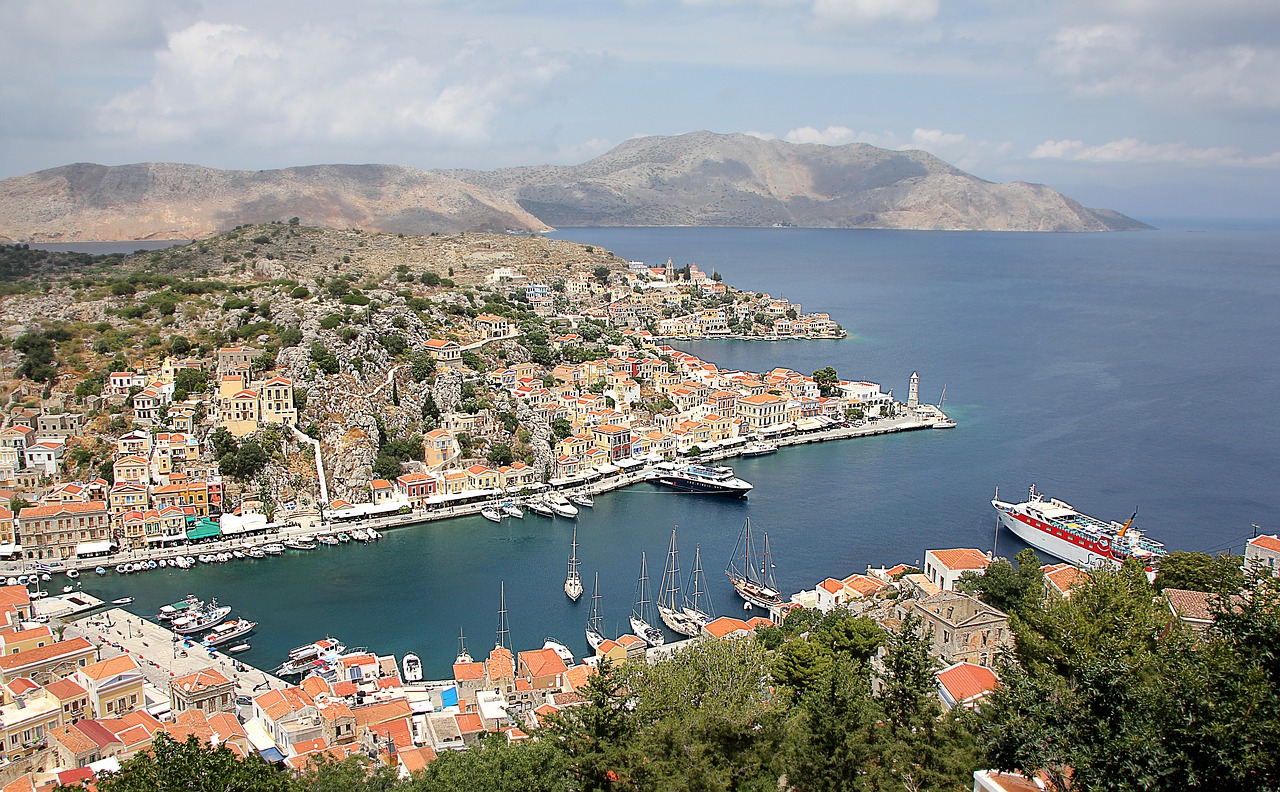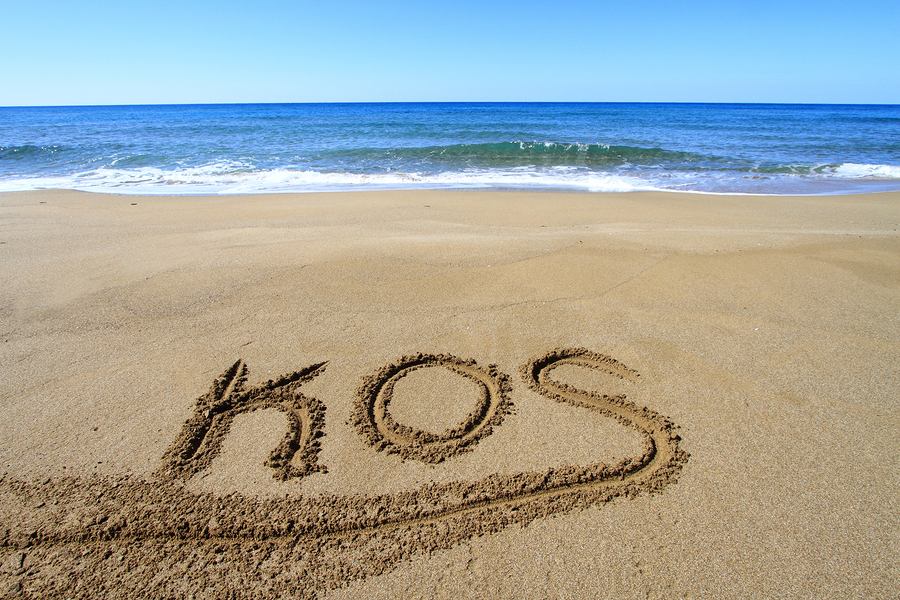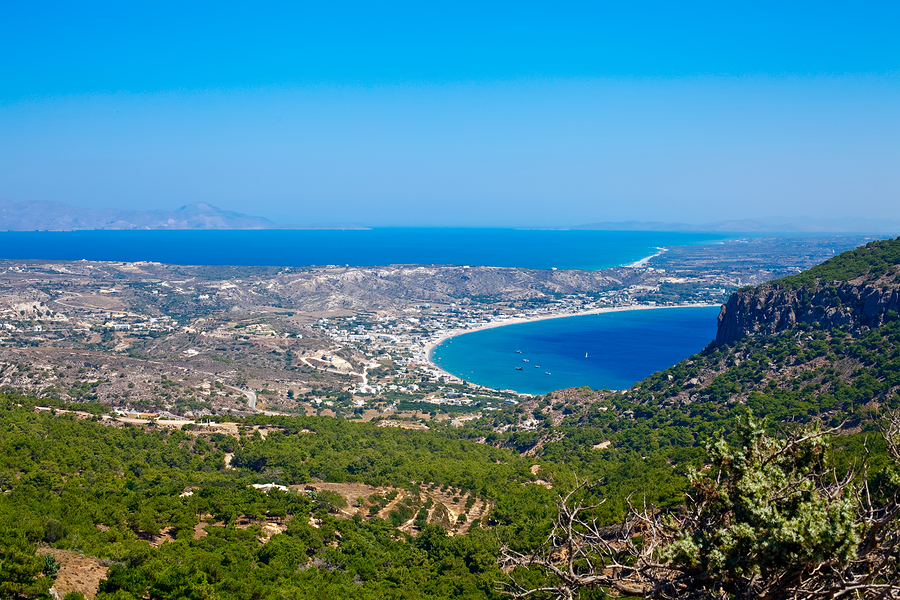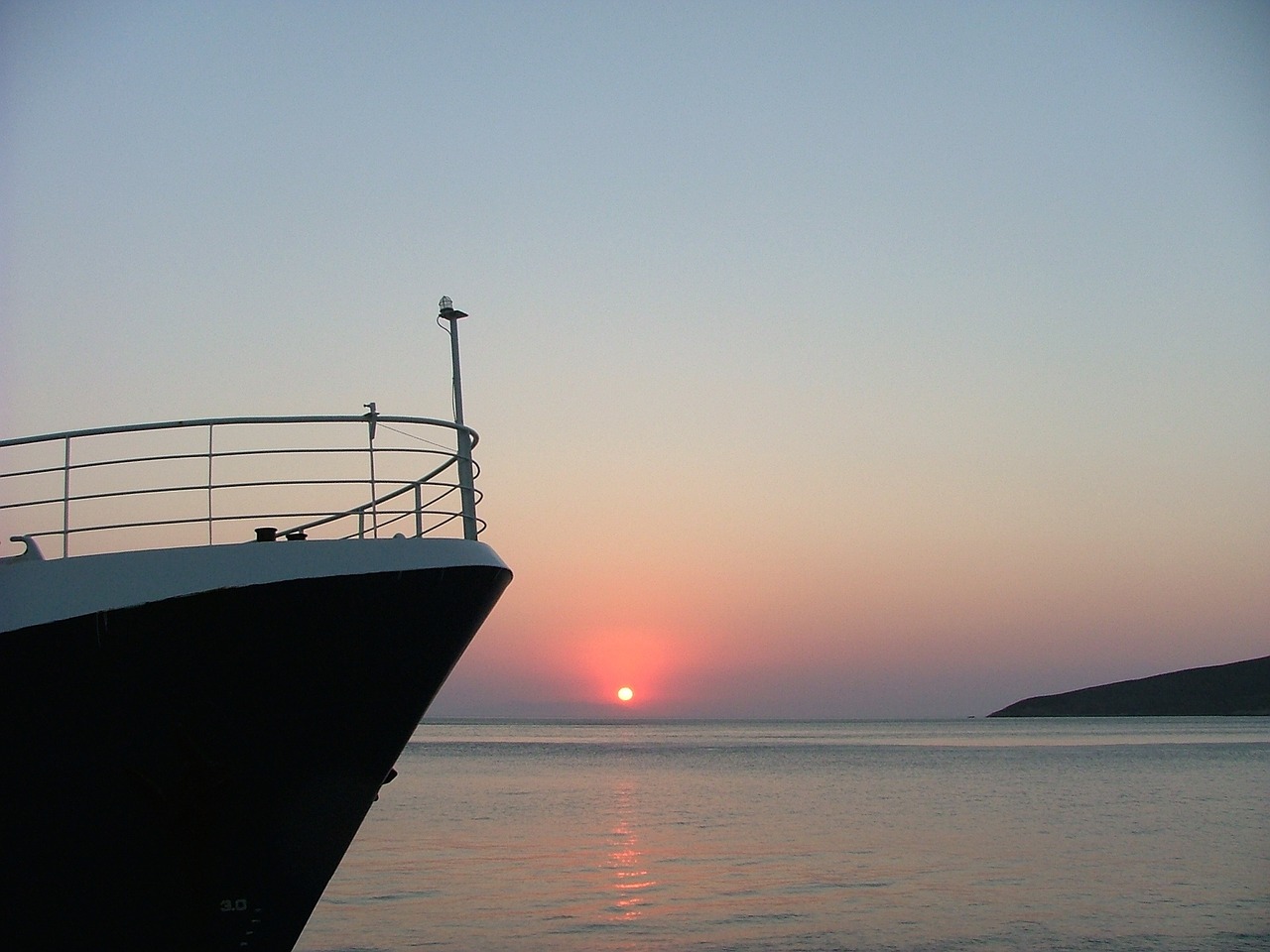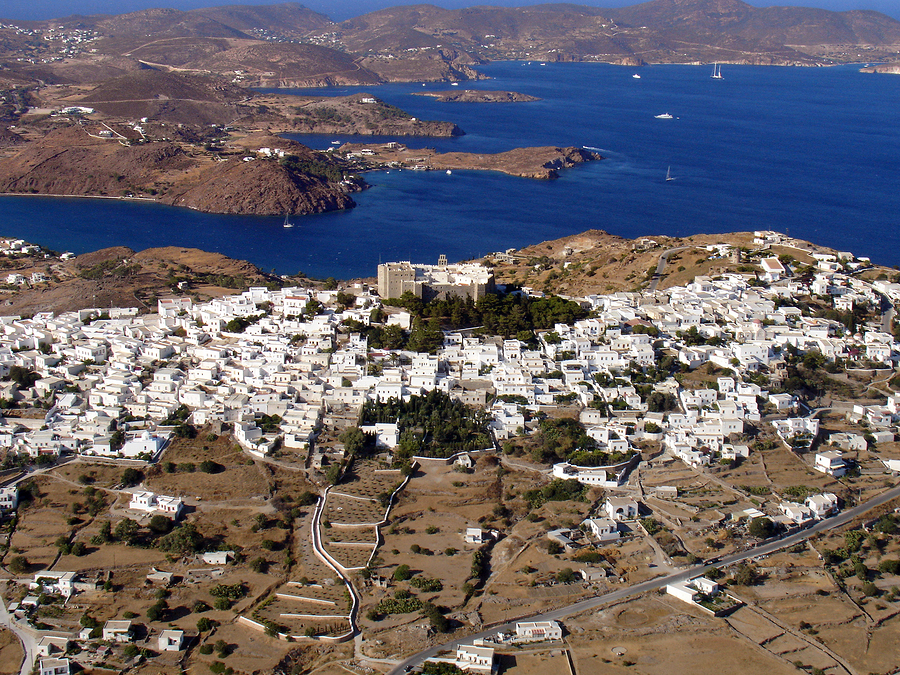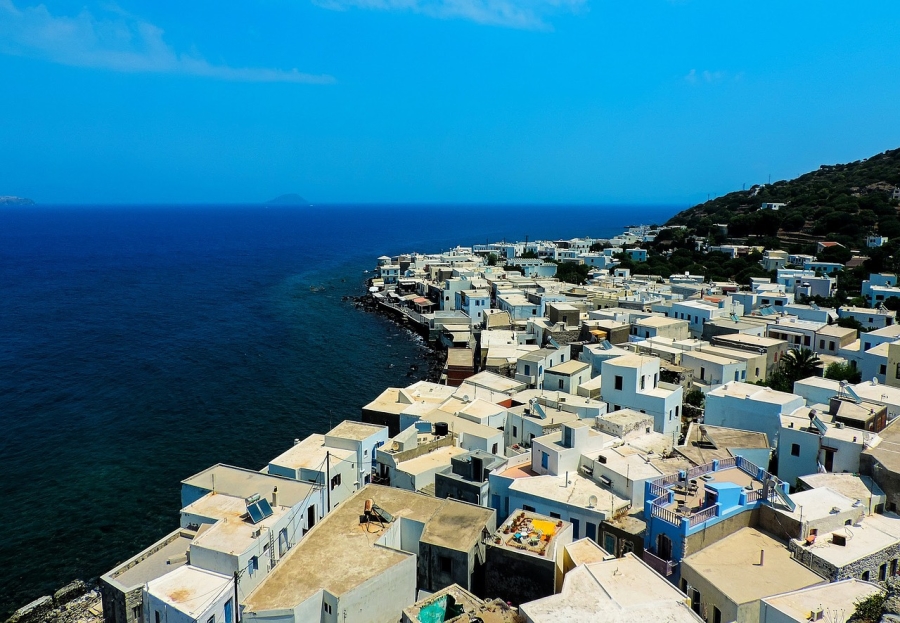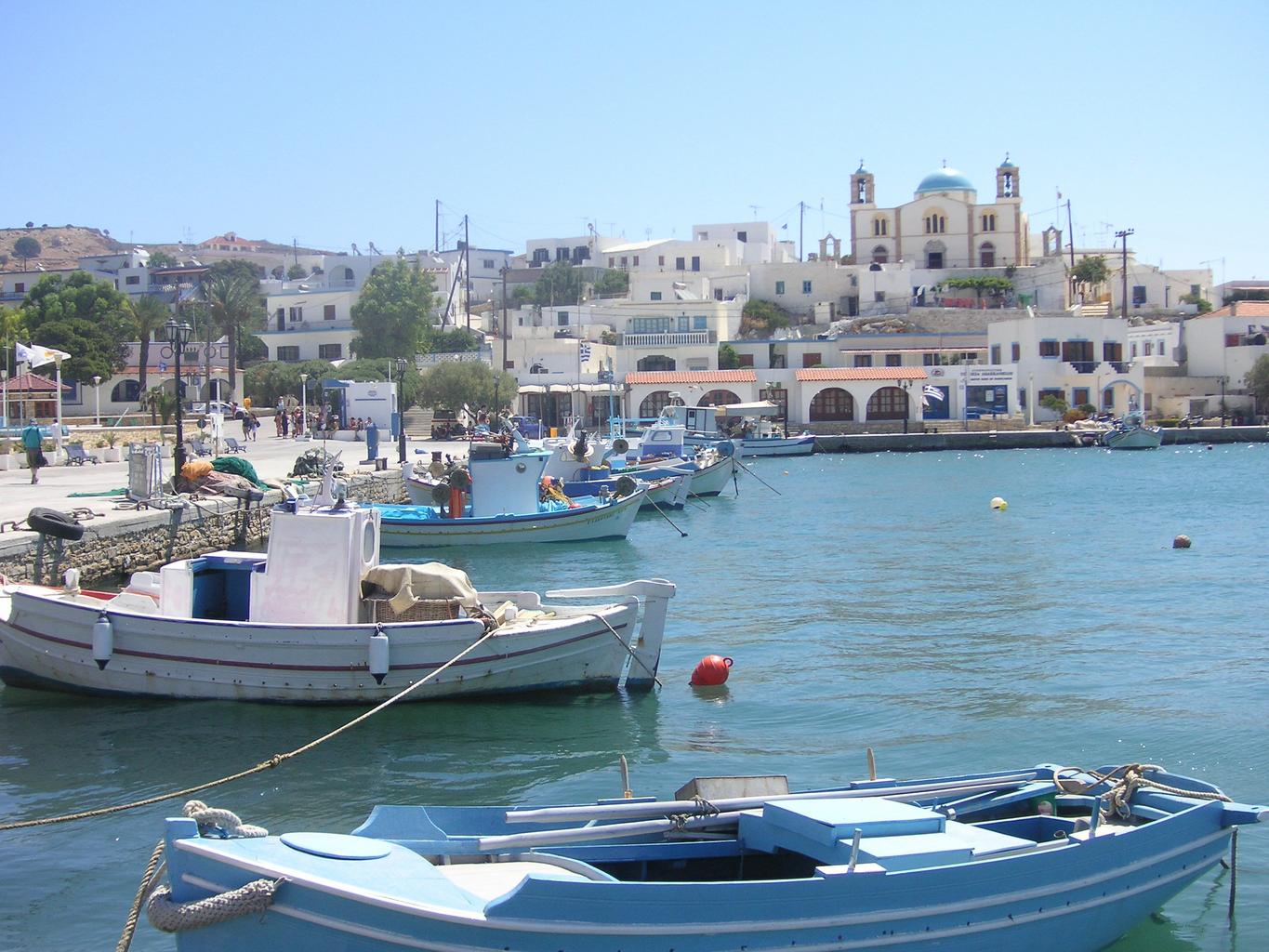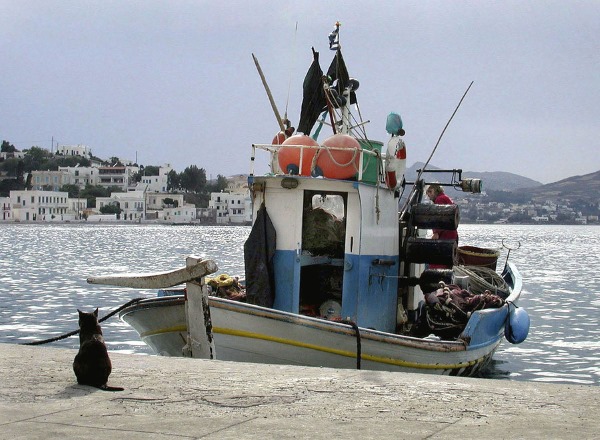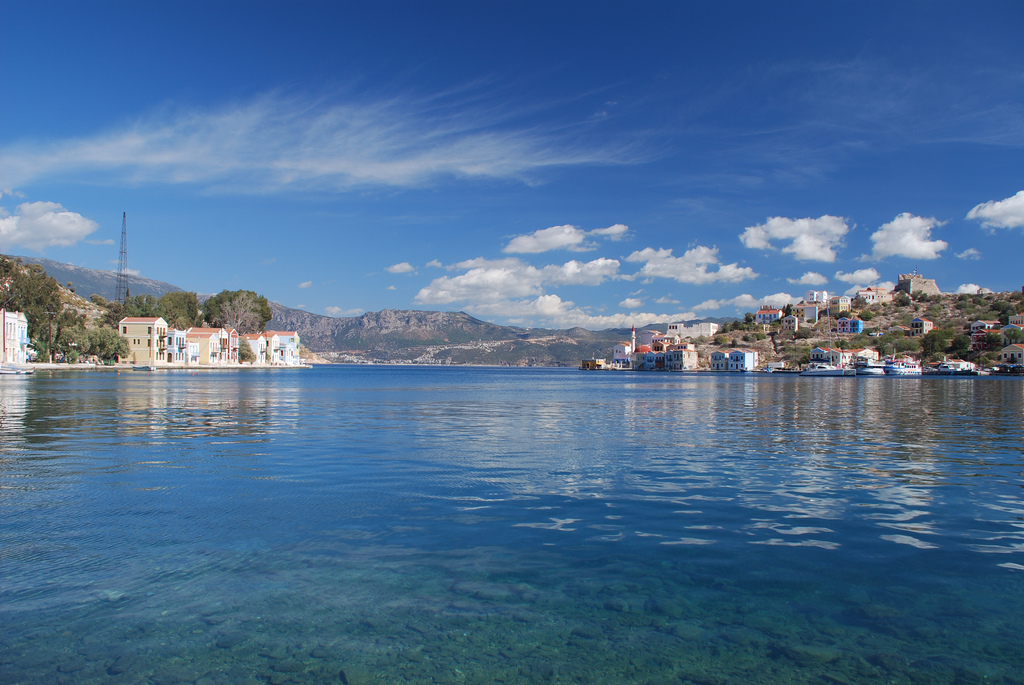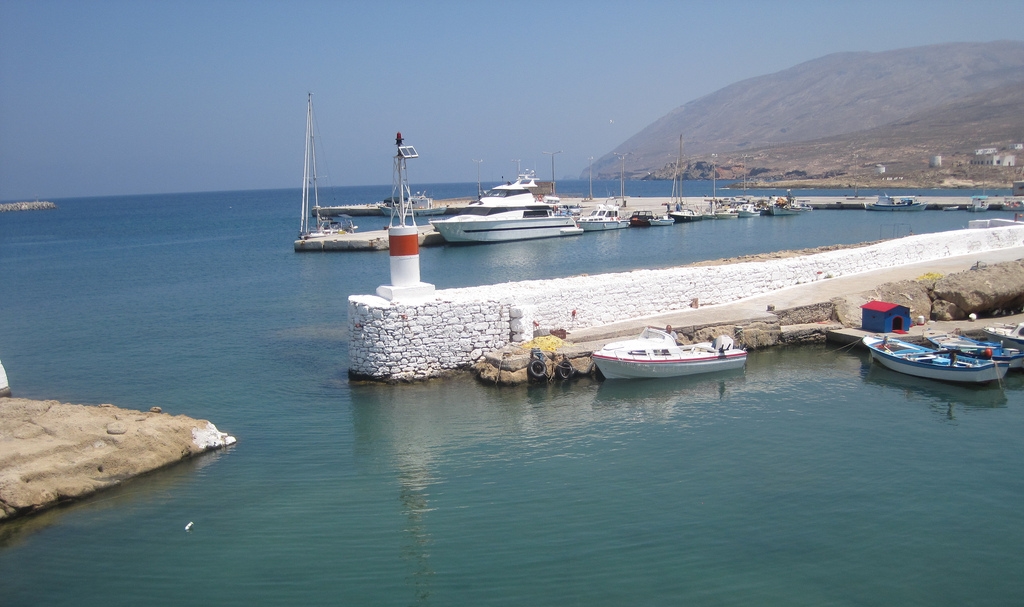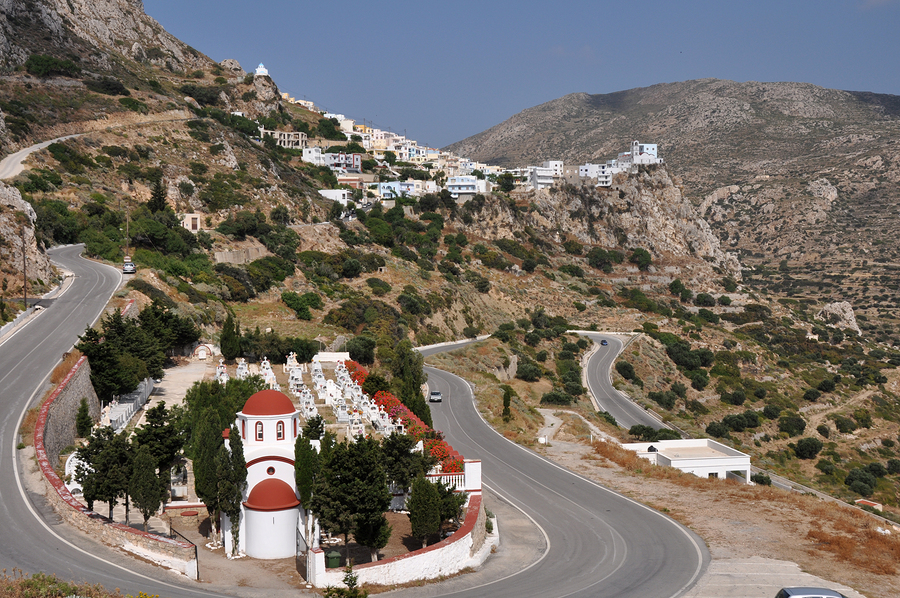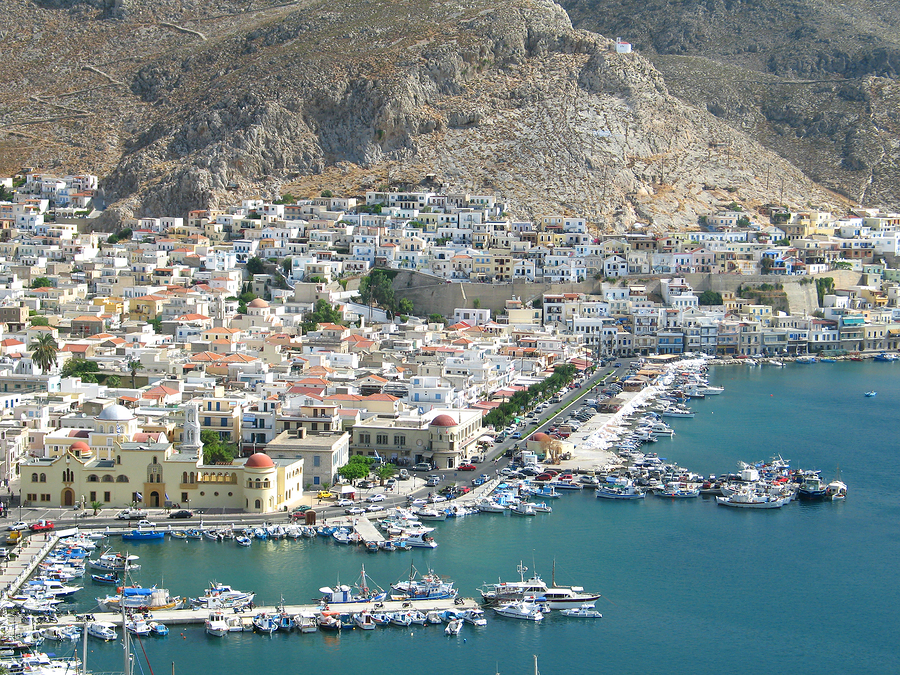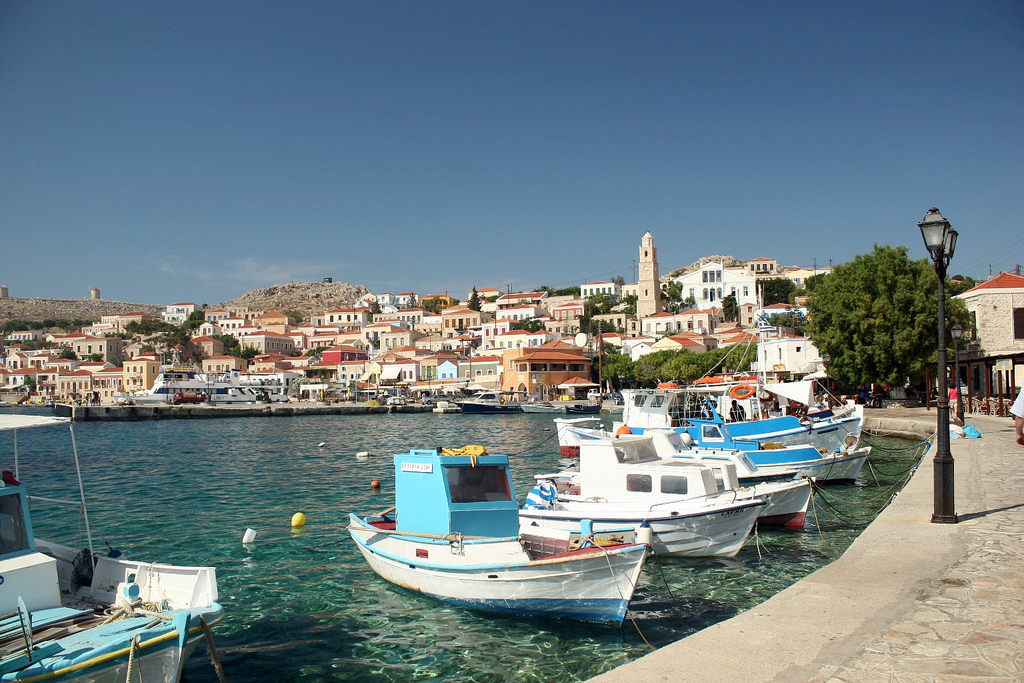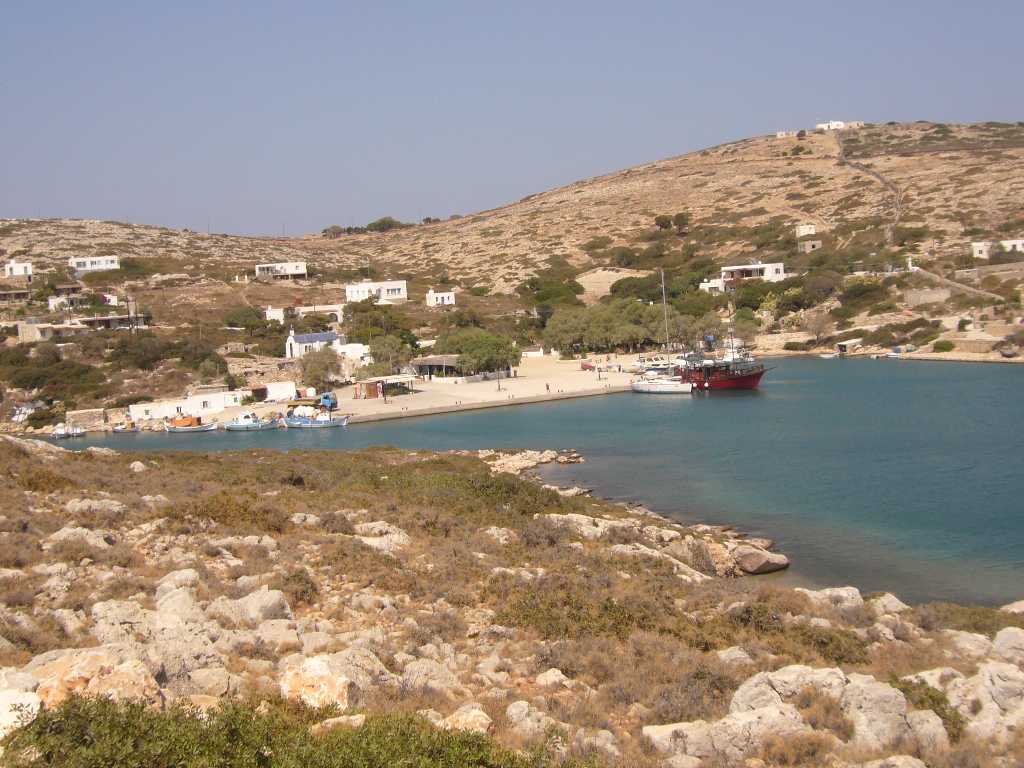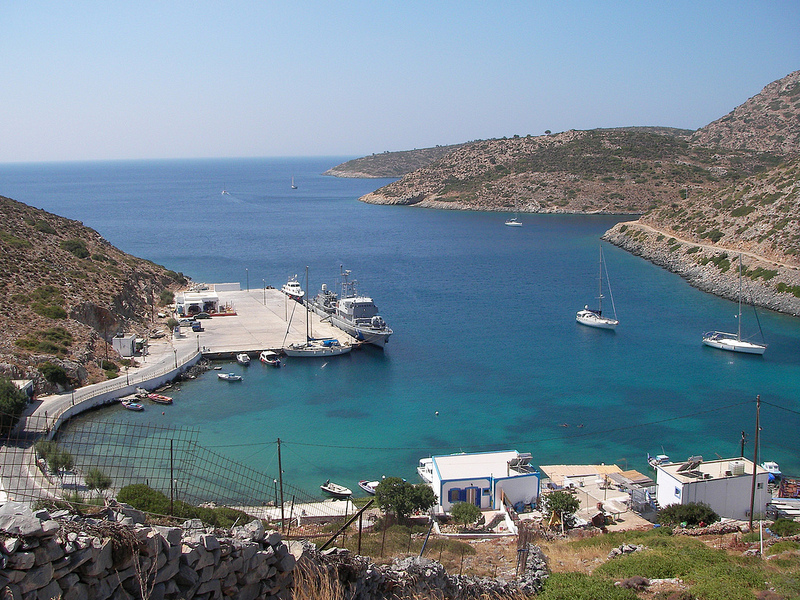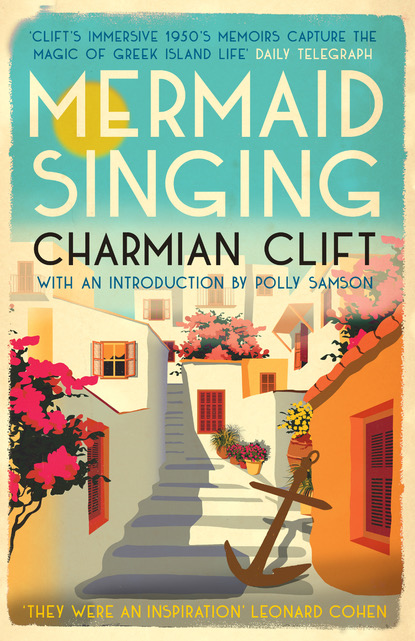- HOME
- Dodecanese
- Our Feast Day on Astipalia
Our Feast Day on Astipalia
Greece Travel Secrets enjoys a feast day on Astipalia in the Dodecanese Islands of Greece, for the Assumption of the Virgin Mary into Heaven.
Can an egg and spoon race on the beach help celebrate the Assumption of the Virgin Mary into Heaven? Yes, in Greece it can, in particular on the island of Astipalia. On a map, the island looks like a butterfly fluttering from its official home in the Dodecanese to its rightful place in the Cyclades. Its houses are the typical Cycladic white cubes with blue doors and shutters.
Feast of the Assumption
The Feast of the Assumption is celebrated throughout Greece on August 15th, but especially so on Astipalia, a two-town island which in mid-August bulges with Athenians in search of relatives and a good time. It’s popular with Italians too.
Ferries in Greece
Ferries in Greece has an excellent and very thorough website where, in addition to checking ferry schedules and times, you can also book tickets and get lots of useful information about travelling by ferry in Greece.
Italian Connection
The Italian connection is hard to miss as a Venetian fortress looms over the main town. For centuries the fortress actually contained the town, with at one time an estimated 4,000 people inside the Kastro’s walls for safety from pirates. Over the years the white building blocks have spilled down the surrounding slopes but only in the 20th century did they reach as far as the harbour below. As you approach the castle the streets get narrower, in places only wide enough for a single pack animal to pass through.
Church of the Portaitissa
Under the protection of the castle walls is the Church of the Portaitissa, a focal point for the August celebrations. Festivities begin on the 14th with an evening church service which it seems the whole of the island attends. Listen for the bells at about 6pm and later walk up to the church where the fun and games begin – and will continue for the next three days or so, as praying turns into partying.
The fun centres on the cafés and bars in the Old Town, Chora, where you might see the island’s bouzouki and fiddle players playing and drinking and drinking and playing till they can do no more of either and their wives come to peel them off the table top and take them home.
August 15th
Early on the morning of the 15th itself, you will again hear the bells for another church service – if you’re awake that early. You’d also be advised to buy your aspirin the day before as only the cafés and bars will be open on the 15th, the shopkeepers taking a deserved day off.
In the evening everyone troops up to the church again, where food and wine are provided free to whoever comes along. The festivities continue well into the night, with more music, more drinking, and dancing in the streets for as long as anyone can take it. Don’t expect the shops to open on time the following morning, either.
Astipalia
Photo from the book Wild Abandon - read our review here.
Games on the Beach
The games on the beach are normally squeezed in on the same day, though the year before we visited they were postponed by one day for no reason that anyone knew, stretching a one-day feats into three days of fun. Part of the beach is cordoned off, and immediately filled with Greek children mucking about all over the place.
A few seats are set out, for the priest and other dignitaries, and at a table a man with an exercise book gamely tries to cope with the queue of people wanting to sign up for the various events. A loudspeaker works for a while and then fizzles out, to be replaced by a human megaphone loud enough to manage to get several dozen children to sit down and behave themselves… more or less, for a while.
After a pause of half-an-hour or so, during which everyone seems to be standing round waiting for everyone else, the games begin with swimming races. As these cover various age groups, for both boys and girls, and for both the 50 metres and the 100 metres, the next hour seems to last a fortnight.
Bash the Parcel
Then there’s a Bash the Parcel game, in which each child is blindfolded in turn and given a pole with which to beat the daylights out of some well-wrapped parcels hanging from an overhead rope. One boy holds his head back at a suspicious angle, like a guardsman looking down his nose. There’s a pause while the blindfold is checked. When pole meets parcel head on, sweets are scattered all over the sand, which is a good excuse for everyone to dive after the goodies while the contestant, who should rightly be getting the prize, is still removing his blindfold.
The Egg and Spoon Race
Next is the egg and spoon race, first for the under-10s, followed by hoots of laughter as young beefcakes in their 20s have a go. This is followed by a sack race – on the stony beach, ouch! – again with youngsters first, but much more entertaining when the Greek Adonises line up, all clutching the same tiny sacks, which scarcely reach their knees. They hurtle along the beach lickety-split, some crashing to the ground and grabbing at someone else’s sack as they fall, to bring them down too. It’s all wonderful fun.
The Greasy Pole
Finally, almost two hours later – and you can see why they saved this till last – is the greasy pole, suspended out over the water at a 45-degree angle, and with a cockerel in a plastic carrier bag tied to the end. It didn’t look very dignified for the bird, but it was firmly trussed and didn’t seem to come to any harm, though at first the bag wasn’t tied properly and the bird began to tip out, peering warily down at the water beneath.
Spectators in a boat rowed over and tied the bag up again, at which point the line of impatient little boys was allowed to begin, each taking his turn in wrapping his legs round the very greasy pole and inching slowly up, most coming a cropper after a mere 12 inches (30 cm) or so of progress.
Slowly, slowly, the grease wore away and each boy managed to get a little further up the pole, though still a long way from being able to touch the bag and claim the prize. There were some spectacular efforts to leap and touch the bag, arms flailing wildly in the general direction of the bird while legs were disappearing in a different direction, and the head was already hitting the water… or the pole.
Others did a sort-of windmill, arms whizzing round in opposite directions, managing to keep their balance for at least a minute but without actually doing anything or going anywhere near the bag.
Eventually… eventually… someone adopted the tactic of running boldly up the pole, paused, got their balance, ran a bit more, balanced, then just about managed to touch the bag and claim the prize before flying past it and headfirst into the Aegean. Perhaps the Virgin Mary liked it after all. Well, everyone else did.
Getting to Astipalia
See our main Astipalia page.
Heaven on Earth
This story also appears in Heaven on Earth, a collection of travel writing about Greece by Mike Gerrard, co-publisher of Greece Travel Secrets. The book includes accounts published in newspapers and magazines of some of Mike's most memorable experiences of travelling in Greece. Click here or on the cover image to take a look.
Latest Posts
-
The Lesser-Known Traditions of Greek Easter
Step off the beaten path this spring and discover the enchanting — and often surprising — Easter traditions found across Greece. -
Easter in the Mystical Castle of Monemvasia
In the castle town of Monemvasia, with its dramatic medieval backdrop and sea views, Easter is a deeply spiritual and atmospheric experience. -
Sifnos: Greece’s Hidden Culinary Star on the Rise
Sifnos, a Cycladic island, is gaining fame for its rich culinary heritage, especially the beloved melopita honey-cheese tart. -
Easter in Leonidio: A Tapestry of Light, Culture and Cliffs
In Leonidio, Easter comes alive with handmade hot air balloons in the sky and lanterns made from bitter oranges in the streets. -
April 9 Strike in Greece to Impact Public Transport, Ferries and Air Travel
Transportation and travel across Greece will face disruptions on Wednesday, April 9, as public transport, ferry and aviation workers join a nationwide strike called by Greek labor unions. -
Ancient Theater of Lefkada Brought Fully to Light Following Systematic Excavation
The Greek Culture Ministry has announced that the first ancient theater ever identified in the Ionian Islands has recently been brought fully to light on Lefkada, revealing an impressive monument that… -
Seven Greek Traditions Recognized as Intangible Cultural Heritage
From traditional barrel-making to age-old folk dances, seven new entries on Greece’s National Inventory preserve the country’s living heritage for future generations. -
Greek Air Traffic Controllers to Hold 24-hour Strike, Disrupting Flights on April 9
The Hellenic Air Traffic Controllers Union have announced a 24-hour strike for Wednesday, April 9, in response to the protest called by the Civil Servants’ Confederation (ADEDY). The strike is being h… -
Ten Best Budget Hotels on Santorini
Greece Travel Secrets picks the ten best budget hotels on Santorini, some with caldera views, some near beaches and some close to the heart of Fira. -
No Ferries in Greece on April 9 as Seamen Join Nationwide Strike
The Pan-Hellenic Seamen’s Federation (PNO) has announced its participation in the 24-hour strike called by the General Confederation of Greek Labor (GSEE) on Wednesday, April 9. The strike, which will…
